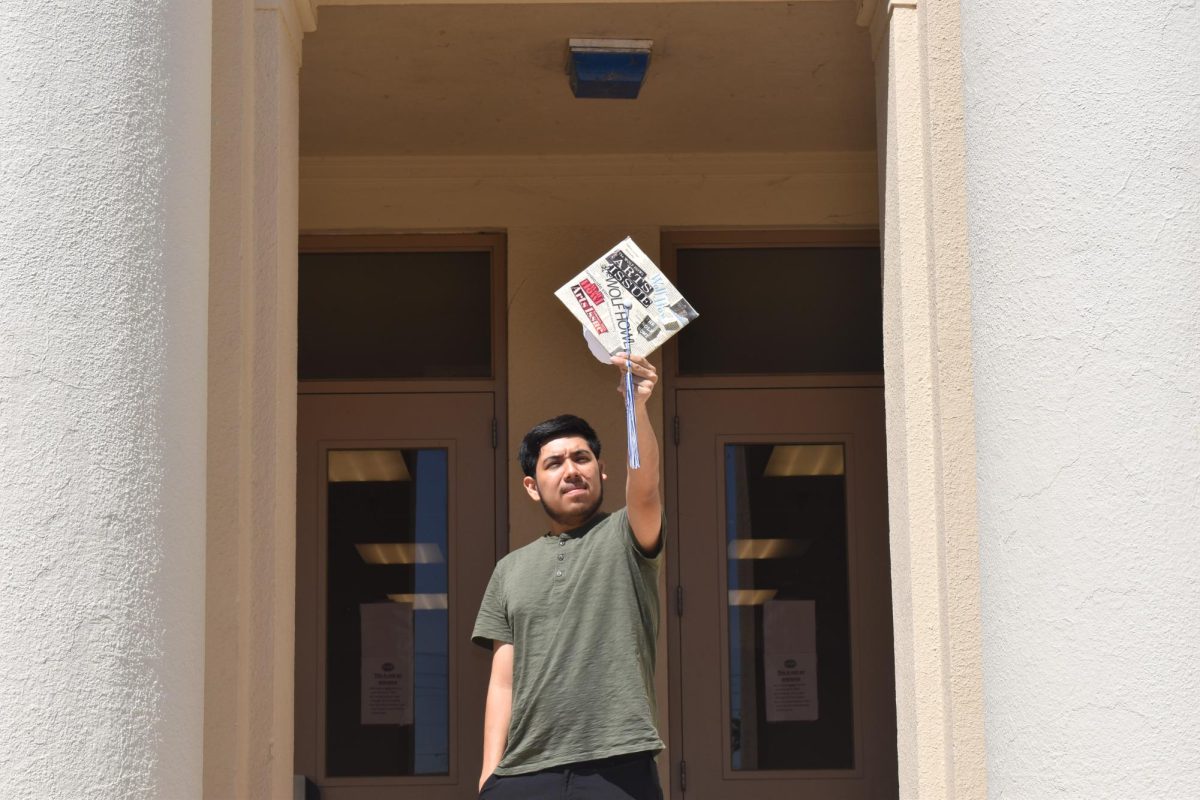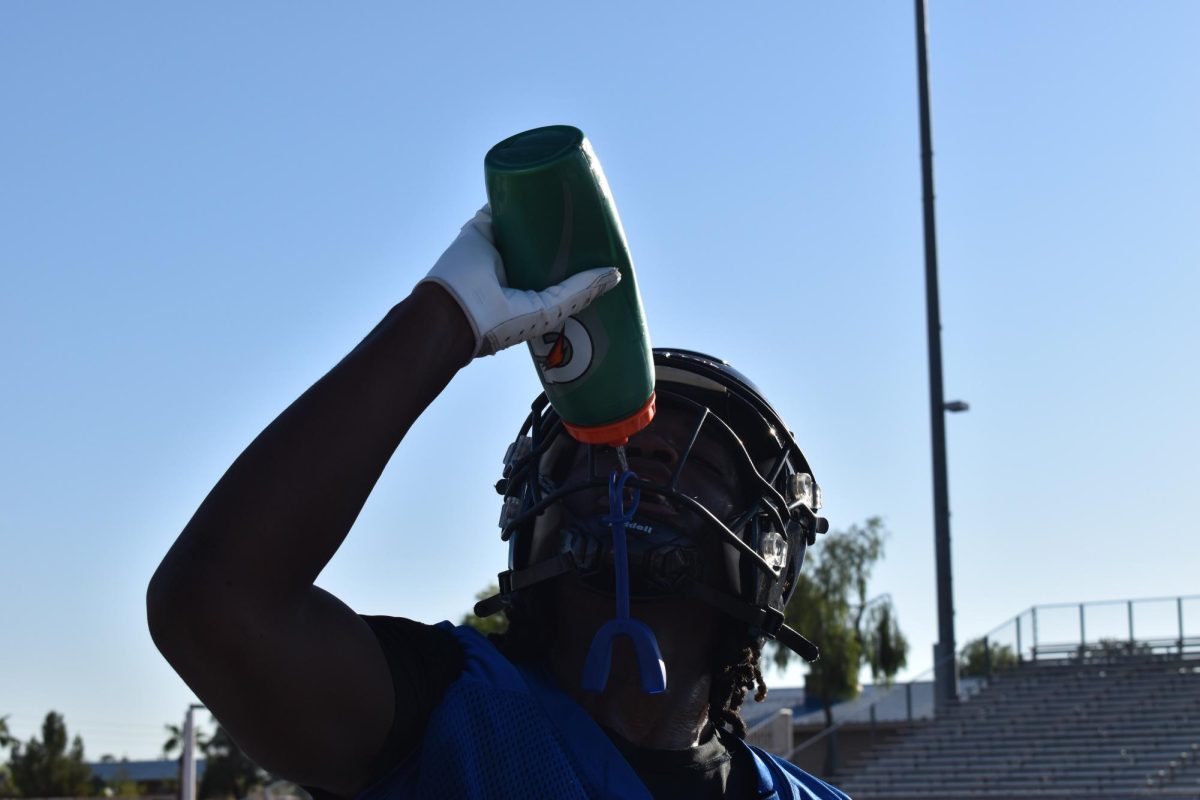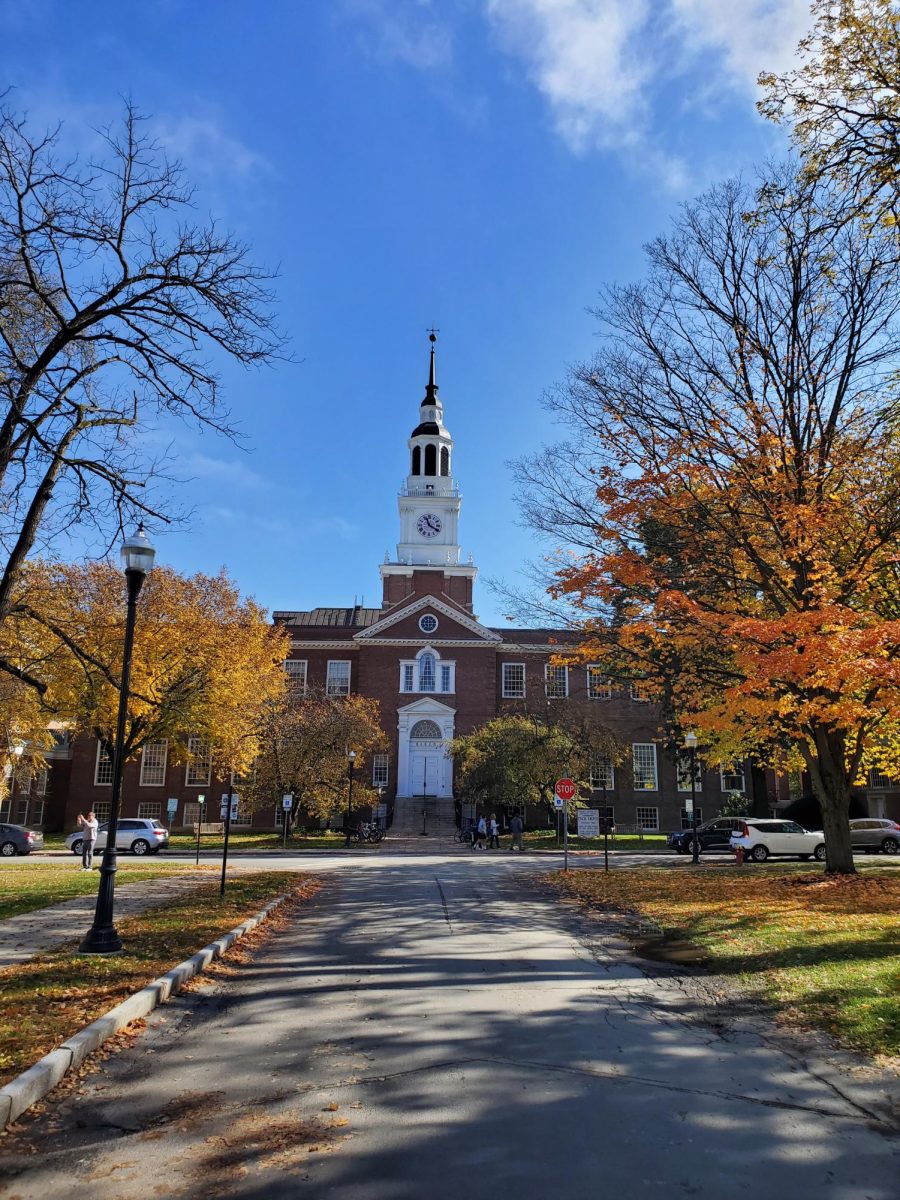In the world of college admissions, no topic is as prevalent as one in particular: test scores. Do they show a bias towards the wealthy, or do they level the playing field? Every school has their own policies, and every person has their own opinions.
The event that put the accuracy of test scores into the question was, of course, the pandemic. With no testing centers open, it was inevitable that practically every college would become test-optional. There were some outliers: Massachusetts Institute of Technology recently went back to test-required, and California Institute of Technology is test-blind, meaning that they ignore SAT and ACT scores. These colleges have cited different evidence to support their decisions, such as a recent study that lauded GPA’s ability to predict college grades when compared with ACT scores.
However, a recent development has shaken the foundations of the world of test-optional: Dartmouth has announced their plans to return to test required for those applying in fall of 2025. The ramifications of this decision were felt immediately, as Yale University and the University of Pennsylvania have released statements lauding the decision and following suit, citing test scores’ high predictive behavior.
As the wave of test-optional policies slowly subsides, it remains to be seen whether colleges and students will benefit from the shift back to test-required. Combined with the SAT and ACT’s digitization, the next cycle of the college application season will surely be one of the most turbulent to date.























